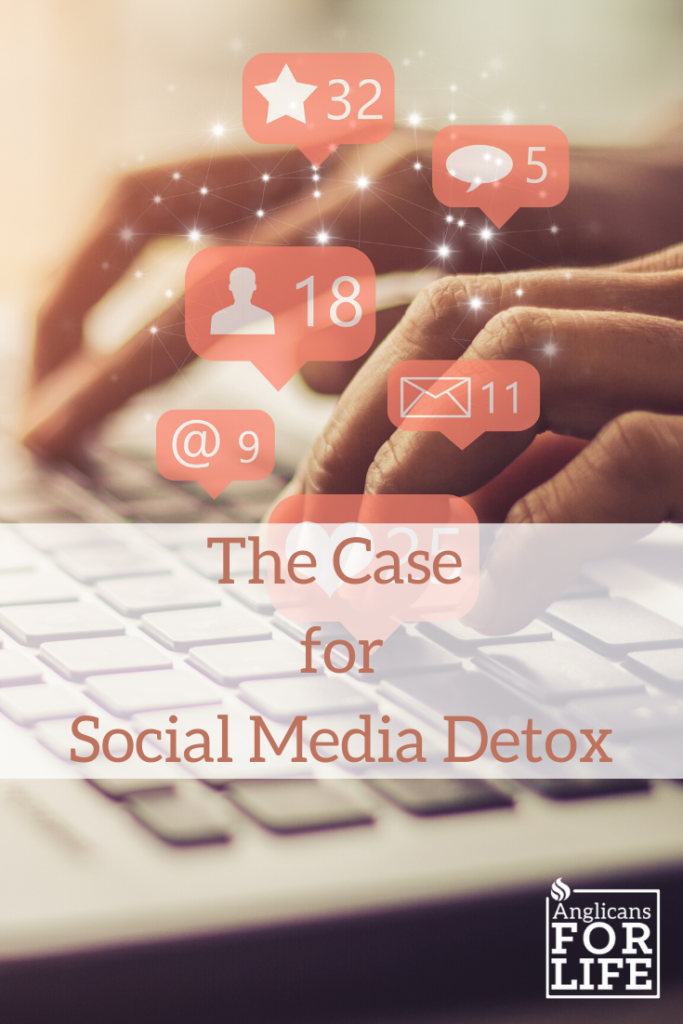Now, more than ever, it’s so important that we encourage everyone in our life – no matter their age – to social media detox and really take a break from screens. Months of being quarantined at home, with nowhere to go and sometimes (what feels like) nothing to do, made it easy to just melt into our phones and absorb whatever came along on our screens.
Did you know that we see social media having the same effect on our brains as some drugs? We crave it. We feel like we need it. We depend on it to fill our free time. Yet, at the same time, we know in the back of our minds (if we’re self-aware at all), that it’s risky behavior. We can feel the depressed state we start to get in when we don’t engage in our real-life, just with our online life. We can feel how disconnected we become. We can feel how much we are unable to focus without thinking about what we’re missing out on and what’s going on around us- so much so that we literally are willing to miss what’s going on in front of us.
Social media, mobile phones, and the selfie world we inhabit are problematic, but they’re not the primary problems for our teens. Drinking, drugs, sex, eating disorders, pornography, cutting, perfectionism, stress, and depression aren’t teens’ foundational problems, either. Jesus tells us “there is nothing outside a person that by going into him can defile him, but the things that come out of a person are what defile him” (Mark 7:15).

While outside influences are sources of temptation, our own fallen nature leads us to think and act sinfully. The negative behaviors we fear, then, are byproducts of what’s going on in our idolatrous hearts. The heart is the problem for our teenagers, and also for us. The heart is why we crave our phones more often than we crave going into the Word and meeting with our Savior.
Now, I’m not suggesting temptations shouldn’t be taken seriously. Certainly rules and boundaries should be put in place. But if we only address what’s on the surface—the easily seen sin—and don’t help our teens dig down to the ruling idols of their hearts, we will never facilitate real change.
Idolatry is what happens when there’s something we want more than God, leading us to exchange the truth about him for a lie (Rom. 1:25). We believe the lie that he isn’t enough and that “life”—significance—is found somewhere apart from him. This is the lie all humans have bought into ever since Satan convinced Adam and Eve that God was withholding something from them.
For teenagers (and adults), this lie easily takes root on social media. All it takes is a scroll through our Instagram or Facebook feed for the ancient serpent to begin whispering:
- “You’re not like them.”
- “Your life is boring.”
- “You’re not skinny enough, pretty enough, popular enough, wealthy enough.”
Whatever it is for you, fill in the blank.
The longer we compare, the likelier the lies will settle into our soul as “truth” while what God says is true will be forgotten. It’s easy to become convinced that our value is found in appearance, performance, popularity, perfection, status, or “likes.”
But what happens when the teenager banking her worth on how many “likes” she gets on a picture doesn’t get as many on the next post? Or what about the one who craves comments on how “hot” (or skinny) she looks?
To hold on to her “secure” identity, she must look just as perfect the next day, or in the next picture. Living under this constant striving to grab what’s fleeting only intensifies the desperation to know one’s worth. But with every false source she turns to, the more insecure and empty she will feel. A sense of worthlessness will settle in.
With this root sin identified, it makes sense why a teen would fall into substance abuse, promiscuity, disordered eating, depression, or any of the other issues. There are other root sins, sure, but idolatry of some kind will always be the driving sin. It is the sin we must help our teens trace downward and excavate. It is their biggest problem, and ours.
This is what I most wanted most of us to hear. Yes, we must pay attention to social media. Yes, it’s wise to limit and monitor phone use. Yes, we need to pray carefully and take into serious consideration whether or not the dangers that lurk on social media/internet are worth risking. As I think about becoming a mom in a few short months, I know that even though social media does have benefits, I don’t think it’s worth it. I’ve seen too many people struggle for years with pornography addiction because of exposure to things that could have been avoided. I myself have suffered with an eating disorder due to comparing myself to other girls. That’s my personal conviction. I don’t think it’s worth it – but it’s not my place to tell other parents how to parent. I really do believe that that conviction comes from the Lord, and I encourage you to seek it out with Him for yourself, your children, and your family.
But even doing so won’t fix our teens’ hearts. The only solution to a heart bent toward sin is repentance and trust in the gospel. In a world consumed with technology, let’s help our teens understand their true identity is found only in Jesus – and in uncertain times like these, they can rest in the One who created them.
By Sammie Gallo, Creator of Abundant Life: You Were Made for More
